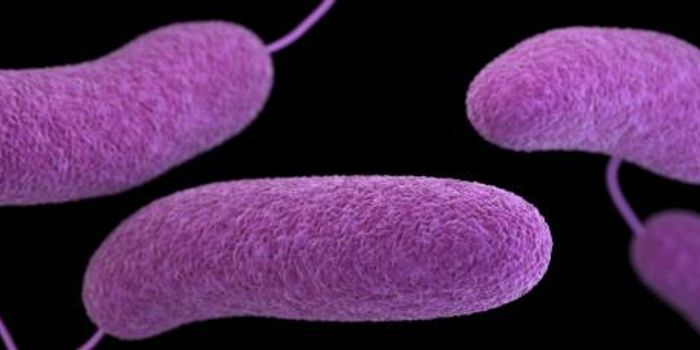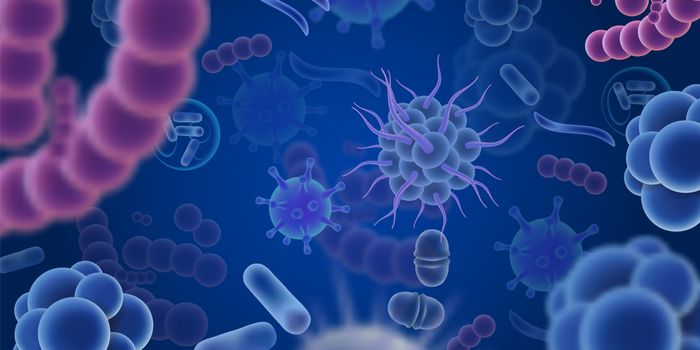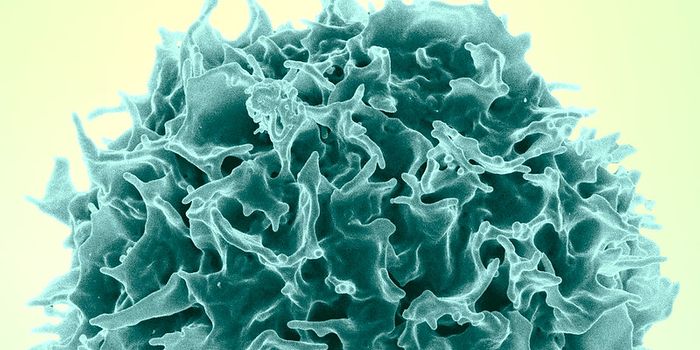Parkinson’s disease can seriously affect your quality of life, and the disease is often very advanced once symptoms appear. That’s why it’s critical to identify a biomarker for early-stage Parkinson’s, perhaps making it possible to delay or prevent the onset of symptoms. Oddly enough (or maybe not), gut bacteria may be the answer.
Image: Getty Images
Paul Wilmes and colleagues at the University of Luxembourg report that the composition of gut bacteria differs between otherwise healthy people and people with Parkinson’s disease. Wilmes wasn’t just interested in looking for a Parkinson’s biomarker, he also wanted to explore the so-called dual hit hypothesis.
This hypothesis explains that Parkinson’s begins when a person is infected with a particular pathogen both through the nose and gastrointestinal tract. This process (somehow) causes the protein alpha-synuclein to become misfolded, and the misfolded alpha-synuclein then travels through the nervous system, ultimately depositing itself in the brain and bringing about Parkinson’s disease. (That’s the idea, at least.)
For this study, the group characterized the nasal and gut microbiomes of 76 people with Parkinson’s disease (PD), 21 people with a condition called idiopathic rapid eye movement sleep behavior disorder (iRBD, thought to be a precursor to Parkinson’s), and 78 healthy controls.
To identify specific microbes, they performed 16S rRNA sequencing on stool and nasal wash samples. For the nasal samples, only bacteria in the genus Corynebacterium were found in all of the samples, and the compositions of the nasal and gastrointestinal samples did not appear to depend on one another.
They didn’t find any clear correlation between nasal microbes and PD symptoms, but the abundances of Akkermansia and Prevotella, were higher in samples from people with PD and iRBD than in controls. (They were highest in the PD samples.)
Interestingly, the abundances of Anaerotruncus, Clostridium XIVa, and Lachnospiraceae correlated with the presence of PD motor symptoms. Akkermansia, Anaerotruncus, and 4 other OTUs (operational taxonomic units, identified by 16S rRNA sequencing) correlated with nonmotor symptoms (such as depression).
Finally, the researchers sequenced a handful of previously unidentified OTUs. One of these was a cyanobacterium that was of lower abundance in people with PD. Curiously, some cyanobacteria produce neurotoxins that have been hypothesized to cause PD, but these findings appear to argue against that.
These initial findings certainly warrant further study to help us understand the so-called gut-brain axis - if not also to identify a biomarker for Parkinson’s disease.
Sources: Movement Disorders, Neuropathology and Applied Neurobiology, EurekAlert, Wikipedia


![[Guide] 7 Strategies to Boost Laboratory Collaboration](https://d3bkbkx82g74b8.cloudfront.net/eyJidWNrZXQiOiJsYWJyb290cy1pbWFnZXMiLCJrZXkiOiJjb250ZW50X2FydGljbGVfcHJvZmlsZV9pbWFnZV83YzBjZWIwM2Y5YzI4MmFlYzBhZDZhMTcyNTQ1ZGU3YmE4Y2MzMDYyXzUxNDkuanBnIiwiZWRpdHMiOnsidG9Gb3JtYXQiOiJqcGciLCJyZXNpemUiOnsid2lkdGgiOjcwMCwiaGVpZ2h0IjozNTAsImZpdCI6ImNvdmVyIiwicG9zaXRpb24iOiJjZW50ZXIiLCJiYWNrZ3JvdW5kIjoiI2ZmZiJ9LCJmbGF0dGVuIjp7ImJhY2tncm91bmQiOiIjZmZmIn19fQ==)






